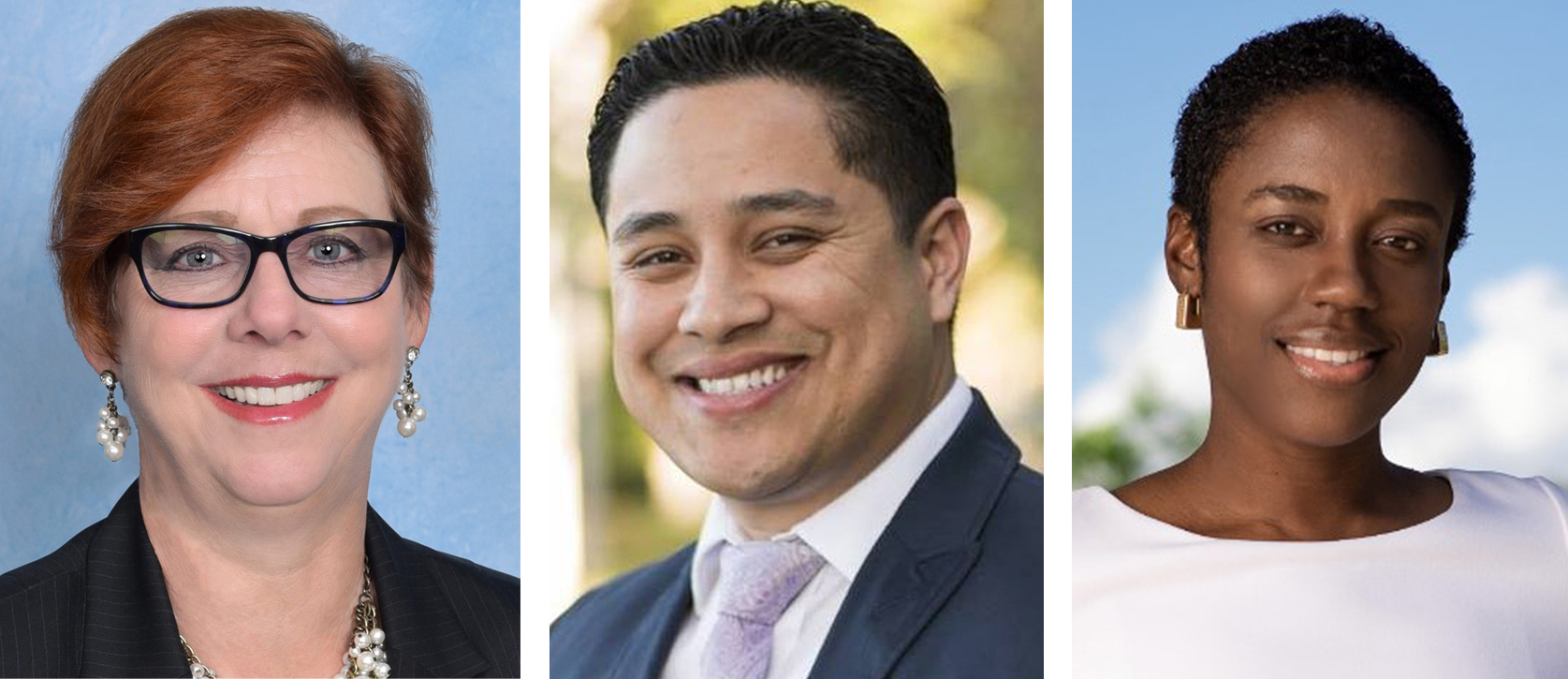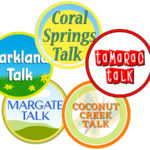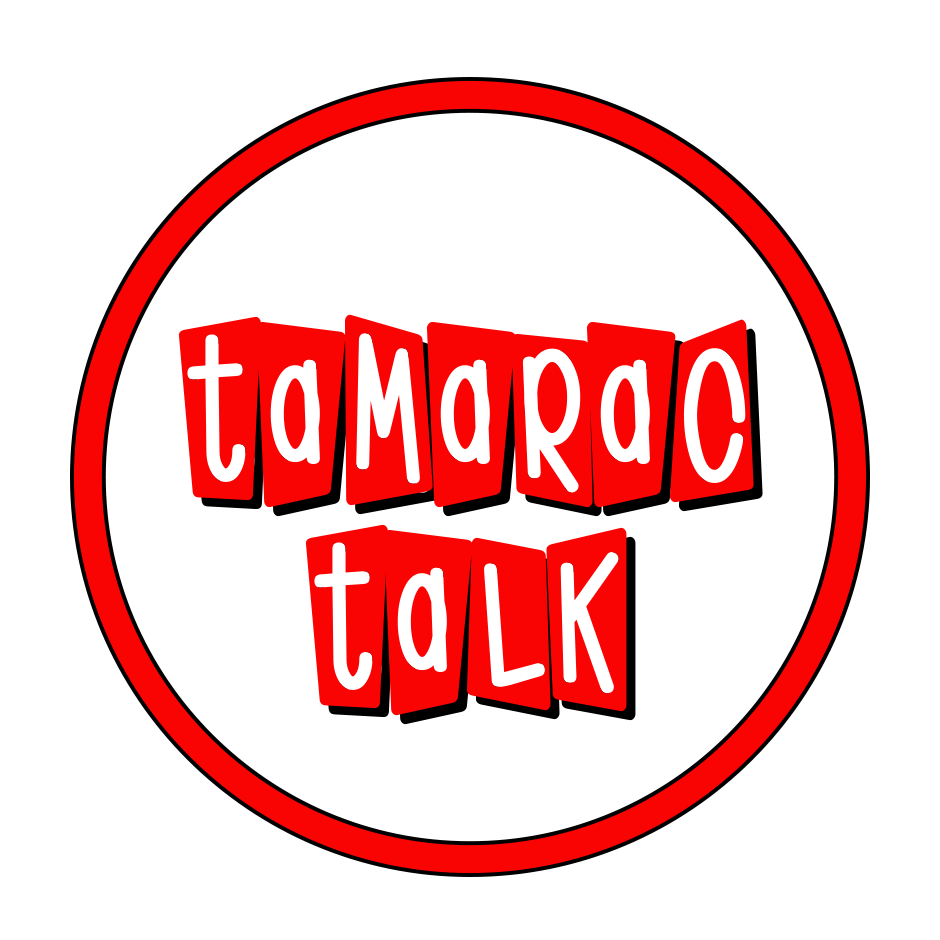
Commissioner Julie Fishman, Elvin Villalobos, and Jodie-Ann Wright.
By Selene Raj
Elections are underway in Tamarac as residents are already receiving their mail-in ballots. In the District 3 race, Commissioner Julie Fishman, the incumbent, faces two challengers: Elvin Villalobos, a realtor business owner, and former mayoral candidate, and Jodie-Ann Wright, whose work focuses on social well-being maternal health.
Fishman, who was first elected in 2016, is rounding out her first term. She has focused on issues ranging from lifting the moratorium on medical marijuana and promoting human trafficking awareness to advocating for resident tax exemptions and creating little free libraries in the city. She has been endorsed by organizations such as Broward Young Democrats, Broward AFL-CIO, Ruth’s List, Broward Teachers Union, and Women’s March Broward. To date, she has raised $32,746.
In 2018, Villalobos was close to becoming mayor after losing by just 395 votes, owns and runs RE/MAX InterAction Realty in Tamarac. On his campaign website, he lists issues ranging from improving parks and reducing property taxes to updating aging infrastructure and creating new benefit programs for veterans as his areas of focus. He has been endorsed by The Hispanic Vote, Realtor PAC, and the Woodlands Defense Fund. To date, he has raised $35,240.
A social worker and entrepreneur, Wright, is running as a way to expand her focus on social services, and earlier this year founded a non-profit, Where There’s a Spark. On her campaign website, she lists issues ranging from increased exposure for local small businesses and engaging the elderly in recreational activities, to bringing unity and increasing community social programs as her areas of focus. No endorsements to date. She raised $1,720.
Tamarac Talk caught up with the candidates and asked them about their proposed policies, priorities, and why they believe they are the best candidates for the job. We asked that their answers were concise. They are listed in order of their last names.
Why are you running for office?
Fishman: I am running for office again because I believe that there are still things that I can offer to the city that I can do with the city. We’ve got a charter review that’s going to be starting next year, and there are things in our charter that need to be updated—that’s just one example. We talked yesterday in the commission meeting about a study for the east side of the city to get parks; I would love to be a part of that. Parks are very important to all of our residents, and the better our parks are, the better the quality of life is.
Villalobos: I have a responsibility that has been given to me to represent our children—which are my children and the children of the community, to represent my parents—which are our seniors and their generation of folks, and I also have a responsibility to my peers, which represent my age group, for a better future, and specifically for Tamarac.
Wright: I’ve always had a passion for serving others, and that same passion took me into social services, and I just wanted to share that with my immediate community.
Julie, what policies or ordinances have you voted on to help improve the lives of Tamarac residents in your district and in the entire city?
Fishman: One of the biggest ones was to remove the moratorium on medical marijuana treatment facilities or treatment centers. That was important to me. We put a moratorium when I first got into office, and I was instrumental in removing that moratorium so we could allow medical marijuana treatment centers in our city for our residents.
For Elvin and Jodie-Ann: what policies do you plan to introduce to help improve the lives of Tamarac residents in your district and in the entire city?
Villalobos: I like the question because it talks about my district and the entire city—because we do make every decision for the entire city. About my district, I would like to lobby for more programs for seniors and tax breaks. As you know, Covid-19 has been huge, and considering our third-generation population; it’s very important that we implement and stay on top of regulations with the state and information with the city, so a lot of safety measures, especially for those impacted by COVID. When it comes to the city as a whole, we’re looking at infrastructure, we’re looking at improving and continuing to improve our parks, and our parks are very important, and also working with BSO to improve their relationship with the community, among other things, but those are a good start.
Wright: As technology is advancing, I believe that it’s important that the class offerings through the city are also advancing, and that’s not something I’m seeing. I believe that computers and the use of technology, in general, is becoming widespread, and I see stationary becoming outdated, and I believe that technology courses should be offered at a nominal fee or through scholarships just to make sure that everybody is kept abreast with e-mails and information and resources that the city is offering.
What local organizations are you a part of, and what committees do you sit on?
Fishman: I can’t keep that short and concise. I sit on a bunch of committee boards from the National League of Cities, the Florida League of Cities, our local Broward League of Cities. I am the vice-chair of the Broward County Human Rights Board. I sit on the Dellenbach Foundation Board, there’s more, but I’m trying to keep it short.
Villalobos: I’m part of the Tamarac Historical Society, I’m part of my HOA Board, I’m also part of the National Association of Realtors Committee for the Young Professional Network and the taxation group. I’m very involved with the Tamarac-North Lauderdale Chamber of Commerce; I’m one of the Trustee members. It’s all about giving back, so whatever we can do to enhance that or be part of that, we’re also going to be doing that.
Wright: I don’t sit on any committees; I am a board member of the Christian Fellowship World Outreach Church of God.
Given what is going on nationwide, and what happened here in Tamarac, what policies do you plan to enact to protect citizens from abuse by police officers?
Fishman: We had a very extensive meeting yesterday with regards to our BSO contract. BSO has already started following the “8 Can’t Wait” program, which is a national program to make sure that those police policies are already in place and that the departments that have those policies in place follow them. As a contract city, Tamarac doesn’t have control over the police policies. I’m not saying that we can’t talk to BSO to get those things changed, but I’m much more comfortable today than I was when that incident happened, that BSO is doing what it needs to protect our citizens from bad police officers.
Villalobos: It’s very important that a relationship is built with the residents and our BSO officers. It starts at a lower level; it starts off with youth. You grow up with “Cops and Robbers,” and there are the bad guys and the good cops, and it comes to the point where we’re seeing the cop as the “bad guy,” and the cops are looking at the people as the “bad people” and I think restoring the relationship, through the youth, because it starts with the youth and escalating that upwards to the adults, and through the leaders of the community in restoring that and finding programs that work, eliminating waste flow of spending when it comes to things that really don’t matter to the community—I think that’s where it starts, with the youth, empowering the youth to participate, to volunteer, so that they know they can do better without having to be on the street, per se.
Wright: While I do know that there is “Coffee with Cops,” the program that’s offered through the city, I’m not certain if there are policies that we would be able to instill to ensure that there is more of a comradery between residents and police officers. But what we could do as a community is offer more social events, where policemen and women are more relatable.
Julie, with around 24 percent of Tamarac’s population Hispanic, what kind of outreach efforts and programs have you introduced to engage the Hispanic community in Tamarac?
Fishman: I am very much in touch with the Spanish American Club at Kings Point. They have over 400 members. I am also on the legislative committee for Hispanic Unity, which is a program within Broward County that deals with everything from immigration issues to education, and they’re very active in Tallahassee to make sure that Latinos, Hispanics their voices are heard, and I’m very proud of the work that I’ve been able to do for the Hispanic community.
Elvin and Jodie-Ann: what kind of programs do you plan to introduce to celebrate and recognize the contributions of the Hispanic community?
Villalobos: What’s interesting about that question is that we have a big population of Hispanics, but often, they don’t know the language, and there’s a language barrier. I think being able to empower them, as our population does get bigger with the Hispanic group, it’s important that the city finds some way, as a community venture through programs, to teach English, how to type in English, how to write in English, and recognizing those individuals that have made leap ways in the Hispanic world, as the population does continue to grow. I would start there with implementing not policies, but getting the community involved in making the culture.
Wright: I do know that that in September, we are currently in Hispanic Month, I feel like the best way we could showcase Latinos would be through community events, again. I will always stress community events because I believe that is a way that you can cause building relationships—through community events.
Julie, how important is it to you to be respectful and civil at city commission meetings?
Fishman: It’s extremely important. I believe that as a representative of not only my district but the city itself, how a commissioner behaves is a reflection of the city, and after 12 years at the state level, watching policy-makers, good and bad, I much prefer to have a civil discourse on the dais than not.
Elvin and Jodie-Ann: What are Roberts Rules? Sunshine Laws? If the city is having a quasi-judicial meeting on the agenda in the next two weeks, when should you discuss it with your constituents?
Villalobos: You know, I don’t really understand all of that yet. I know that we have to be very careful when discussing matters, not discussing prior to voting. We have to follow state laws when it comes to discussing and voting on matters. It’s an organizational way to manage our affairs.
Wright: I believe you want to give them at least a 30-day time-frame. I’m aware of Sunshine Laws—that’s where the meeting in the state is open to the public. The Sunshine Law is what allows the meetings of any state or city to be open to the public. I’m afraid of never heard of [Robert’s Rules].
Answers:
Roberts Rules is a tool government uses to bring order to meetings and allow the group to efficiently and predictably take care of business. Sunshine Laws: passed in 1967, it requires that all meetings of any state, county, or municipal board or commission be open to the public, and mandates that any official action taken at the closed meeting not be binding. Quasi-judicial: city commissioners must be neutral decision-makers and are not allowed to talk to people for or against the agenda item before the meeting. If they do, must disclose those conversations at the meeting.
Julie, why should residents reelect you?
Fishman: I stand by what I’ve been able to accomplish in the last four years. I know that, as I said in question one, I know there’s still work to do, and I want to be part of that, and I believe that my experience of four years already doing the job, I am the best person qualified for the job.
Elvin and Jodie-Ann: Why should residents vote for you instead of Commissioner Fishman?
Villalobos: I decided to run this year, and my incumbent keeps attacking me with a conversation we had over a year and a half ago, that I was not going to run. But, when I realized the lack of leadership when it came to, earlier this year, with COVID, totally missing in action. We were out there passing out masks, hand sanitizers, and I did not see anything from the incumbent. I saw it as a problem that our commissioner is more focused on one centric group in our district, versus the whole district, versus the whole entire city. When making decisions, commissioners make decisions for the entire city. And I don’t think the incumbent takes into consideration the rest of the city and is focused on a particular group in our district, and I think that needs to change. I think there needs to be a diversity of opinions stated in responsible leadership on the dais that are not inclined to be voting with the Mayor. I think that’s important; I think everyone needs to have their own opinion and give their own thoughts on things and be able to vote on things without saying “well, my friend is voting on it, let me vote with her,” and it’s been happening a lot, and people see that when they’re watching the meetings, and you have to be careful with that.
Wright: I am open and honest and transparent, and I will be available and vow to make myself readily accessible to my community.
Got News? Send it to Tamarac Talk.
Author Profile

Latest entries
 NewsDecember 1, 2025Sheriff Tony: Protecting Every Corner of Broward County
NewsDecember 1, 2025Sheriff Tony: Protecting Every Corner of Broward County NewsDecember 1, 2025Broward County Commissioner Udine Highlights New Omni Hotel, Sand Bypass Project and Local Holiday Traditions
NewsDecember 1, 2025Broward County Commissioner Udine Highlights New Omni Hotel, Sand Bypass Project and Local Holiday Traditions NewsDecember 1, 2025Mayor Gomez: December Brings a Flurry of Free Events, Festivities and Community Giving
NewsDecember 1, 2025Mayor Gomez: December Brings a Flurry of Free Events, Festivities and Community Giving NewsNovember 16, 2025Opinion: Tamarac Deserves Leadership That Protects Residents, Seniors, and Taxpayer Dollars
NewsNovember 16, 2025Opinion: Tamarac Deserves Leadership That Protects Residents, Seniors, and Taxpayer Dollars







